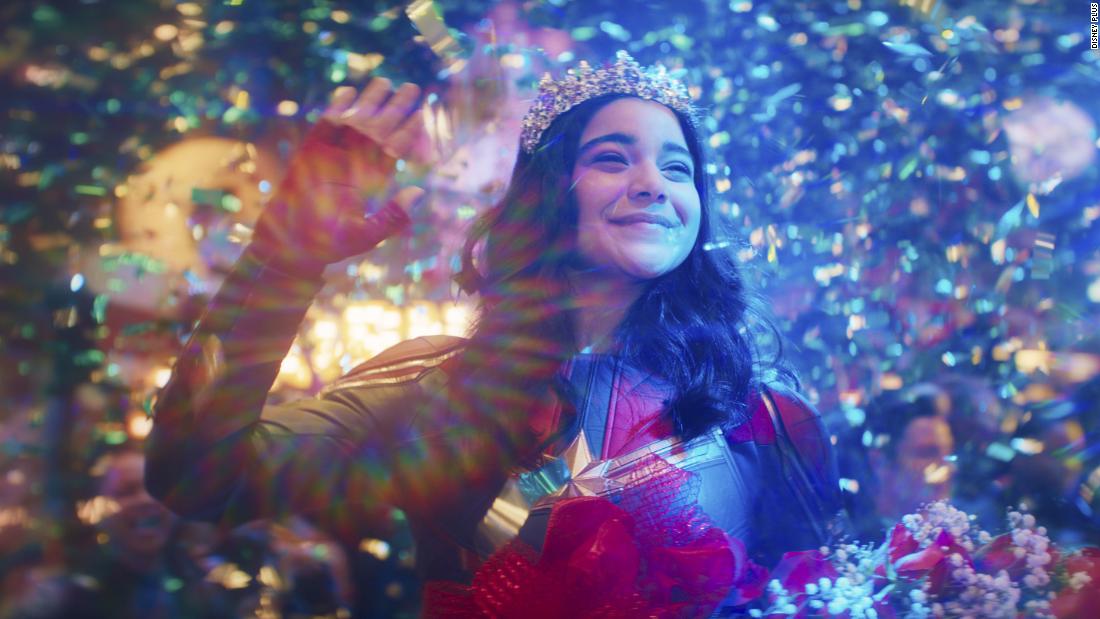Sirwalterraleigh
Premium Member
So wait a minute…you’re saying there can be CONTEXT to economic principles?…like in the real world?@el_super I mean I guess in a really facile and simplistic way, you could say that overcrowding at the parks is a function of low supply and high demand, and that in order to optimize profits Disney should switch demographics from the middle to upper class by increasing ticket prices, thereby achieving the maximum amount of money for an inherently limited total capacity. But if we factor in any more nuance, this idea falls apart.
First of all, the United States economy could not support this business model. The upper class is both too small and too economically diverse to specialize in as a market when you're operating with four mega theme parks.
Secondly, they're theme parks. To the middle class they are a great family destination and so demand is high, but for the upper class-- who can afford real luxury vacations-- they are cheap and gaudy. There isn't any way in which you can plus the theme parks in order to increase their prices enough to compensate for the massive drop in attendance that would be associated with switching from the general public to the upper class specifically.
Plus, you yourself have claimed that Disney is largely popular not because it's actually worth what it costs, but because it's THE American family vacation destination and people feel like they need to take their kids there. But if you switched to the upper class, Disney would necessarily become an unpopular family vacation destination, because it would be too expensive for most American families. The cultural privledges Disney has would then probably be lost, and that's a best case scenario, providing they don't accumulate negative public perceptions due to outpricing normal people.
Plus, this isn't even considering merchandise, food, etc, where Disney gets lots of money from the parks. Decreasing attendance and increasing ticket prices would only reduce profits in these areas, and given how cheap their merch and food are in value terms, they couldn't increase their prices no matter who they're selling to. So they would also need to change their mechandizing strategy, which seems almost as unlikely as the main objective here.
…hmmm…might just be crazy enough to be true…


